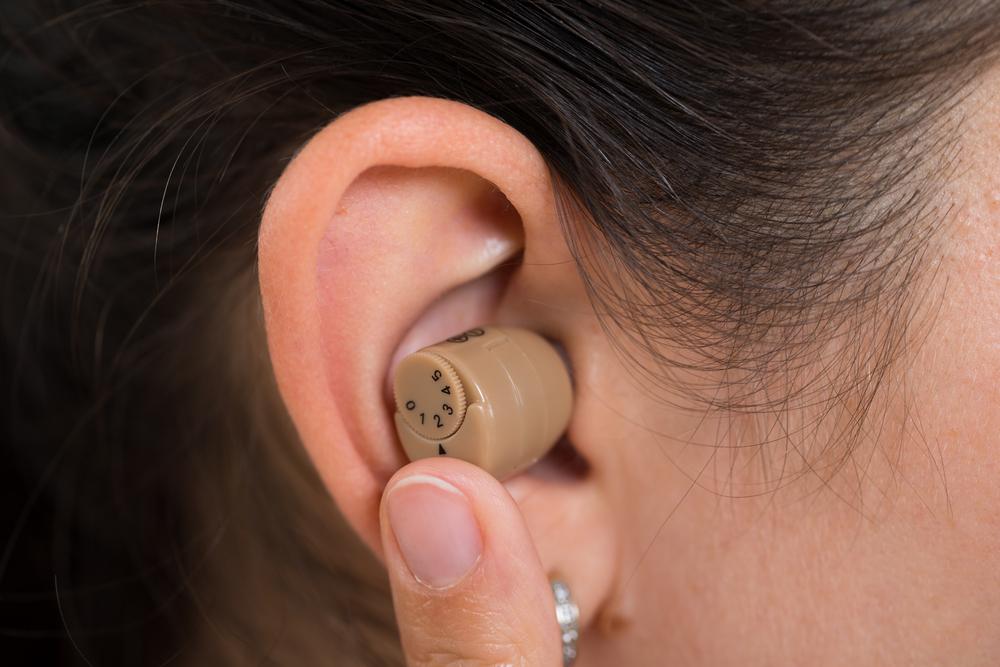Smart Ways to Save on Hearing Aid Purchases
Discover cost-effective approaches to purchasing hearing aids, including insurance options, price comparisons, essential features, and financial assistance programs. Learn how to make hearing healthcare more affordable without compromising quality.

Smart Ways to Save on Hearing Aid Purchases
The cost of hearing aids can be a significant barrier, leading many people to delay their purchase for years. If affordability is a concern, here are effective strategies to reduce expenses and find budget-friendly options.
Check Your Insurance Benefits Some government employees, children, and residents of states like New Hampshire, Arkansas, and Rhode Island may have access to health insurance plans that partially or fully cover hearing aids. Private insurance plans can also help lower costs by including hearing aid coverage.
Many insurers partner with select hearing aid brands or clinics, providing discounts at approved locations. If you have a flexible spending or health savings account, purchasing hearing aids and accessories with pre-tax funds can further reduce your financial burden.
Compare Prices Across Retailers Examining different stores helps identify the best deals. Some clinics offer free hearing exams and devices starting from around $500, while online vendors may offer savings up to $2000. Remember, professionals may be needed for fittings or adjustments that online devices might lack.
Always consult an audiologist to evaluate your hearing needs and rule out underlying health issues. Used hearing aids are an option to lower costs but come with risks such as infections or poor compatibility. Reprogramming or refitting older devices can sometimes be costly, making a new device more practical.
Focus on Essential Features Hearing aids come with various features that influence the price. Discuss your primary hearing difficulties with an audiologist to choose an appropriate model—be it noise reduction or phone compatibility. To save money, skip optional tech features like Bluetooth if unnecessary. Basic models often provide the necessary assistance without extra costs.
For mild to moderate hearing loss, consider over-the-counter personal amplifiers as a cheaper alternative.
Negotiate and Look for Deals When purchasing, ask if fitting costs and other services can be itemized separately. Breaking down the expenses can help you compare prices and negotiate better deals.
Seek Financial Assistance Various government programs and nonprofit organizations offer grants or discounts for hearing aids based on financial need. Qualifying can significantly lower out-of-pocket expenses.


